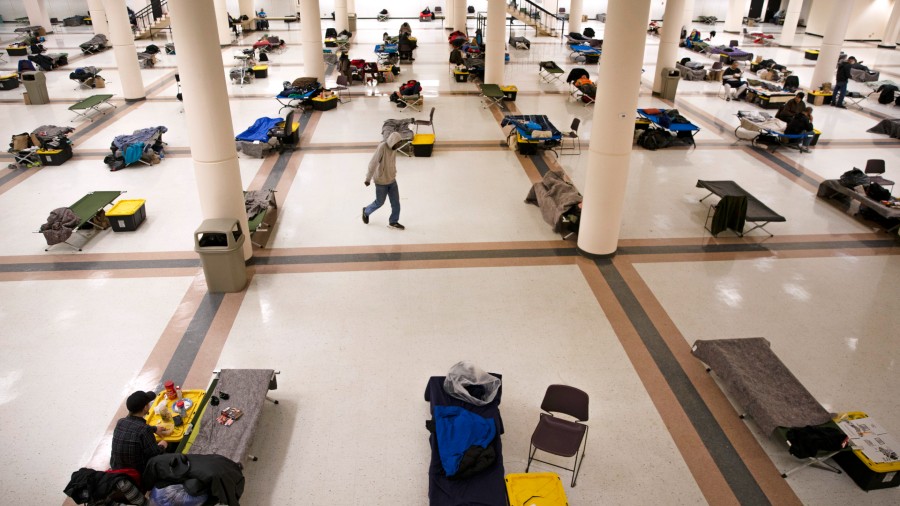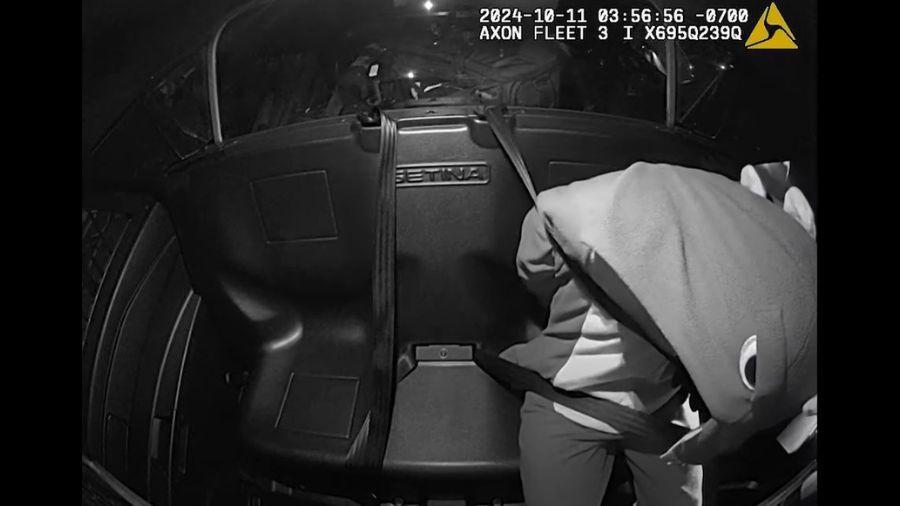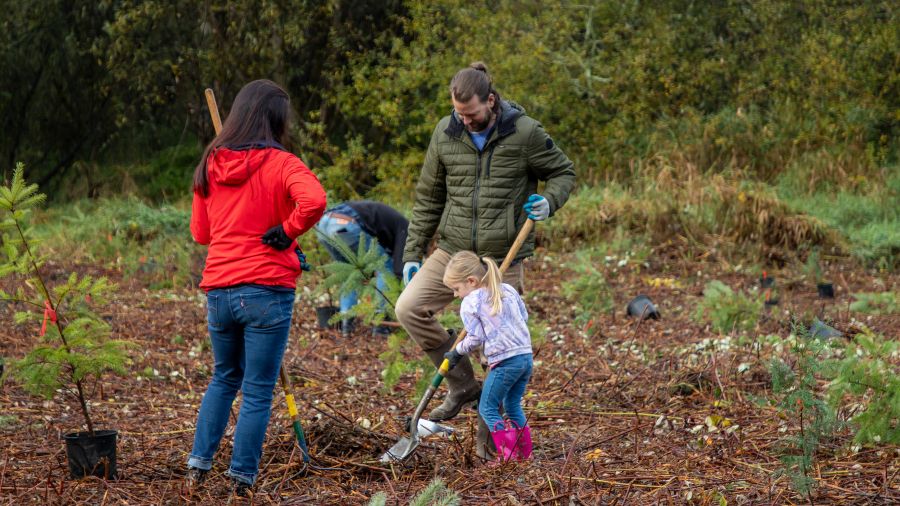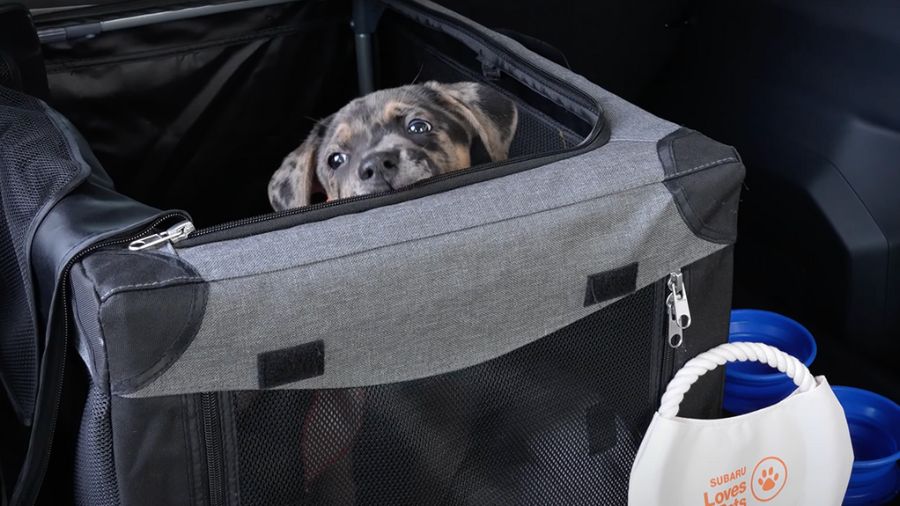King County struggling to find solutions to keep homeless off the streets permanently
Jul 15, 2022, 6:40 PM

(Photo by Karen Ducey/Getty Images)
(Photo by Karen Ducey/Getty Images)
Where do people suffering from addiction and homelessness go, after they enter the health care system and no longer require medical care?
Kathryn Driscoll, a Tacoma area nursing home social worker, has no place to put two formerly homeless, drug-addicted men, now that they’re too healthy to be in the nursing home.
“They’re at this point where they’ve progressed, and they’re doing so well, that they need to make that next step. And the hope was that we would be able to partner with the DSHS (Department of Social and Health Services) to find them alternate housing,” Driscoll said on the Gee and Ursula Show on KIRO NewsRadio. “But unfortunately, they’re doing too well physically to qualify for that kind of assistance. So we’re kind of looking down the barrel of back to the street, which is the cycle that they’re trying to get out of.”
Fight over homeless hotel shelters arrives in Kirkland
Driscoll is currently looking for programs to find stable housing for homeless citizens like the two previously mentioned, as they don’t have the finances to afford rent.
“I mean, gosh, I work for a living and I can’t afford rent around here,” Driscoll said. “Starting from there, it’s also about finding them work because they both want to work. They’re having a hard time finding jobs because they don’t have a home address, and they don’t have clothes to wear to an interview or reliable transportation to get there.”
Marc Dones, the CEO of King County Regional Homeless Authority (KCRHA), has estimated there are approximately 40,800 homeless in the county, a number based on tracking every homeless person who uses services like shelter, medical, and behavioral health throughout an entire year.
KCRHA was established in 2019 with the goal of using data, proven practices, and community feedback to design a homelessness response system that will help curb the homeless crisis throughout the region.
Dones, alongside Seattle Mayor Bruce Harrell, recently celebrated the closure of an encampment at Woodland Park, which Dones distinguished from a traditional encampment sweep because most of the people living there received extensive outreach and shelter referrals.
KCRHA has opposed traditional sweeps since the organization launched in 2019 — a position that puts the agency in constant tension with the city. Seattle has seen an increase in encampment removals since Harrell became mayor.
Crews prepare for ‘major’ clean up at Green River homeless encampment
Despite the effort the city of Seattle and the King County Council has put into clearing encampments and giving homeless initial resources, Jason Rantz, host of the Jason Rantz Show on KTTH, believes local government is still “stuck in first gear,” not looking at the bigger picture to get homeless people, like the two Driscoll has worked closely with, off the streets permanently.
“The city and county leaders don’t have a plan to tackle the underlying causes of homelessness because they’re not interested in tackling drug addiction and untreated mental illness. They think someone’s homeless because they don’t have a home,” Jason Rantz, host of the Jason Rantz Show on KTTH, said. “That’s foolish, simple thinking. These people weren’t born homeless. We should want their underlying issues treated and help them become self sufficient.
“If you want to help someone who is homeless who has no other issues: partner with businesses offering tax incentives if they hire homeless people and create a program that helps ensure they get to and from work,” he continued. “Temporary vouchers for a few to several months for housing can be warranted if they person shows commitment to getting off the streets.”
Tangentially to Harrell and Dones, Councilmember Reagan Dunn spearheaded a recent proposal to create an interagency task force to clean up the Green River encampment and connect those living there with shelter and services.
“I am afraid that I’m going have to see them again and not in a happy way where they’ve been able to move on in their life, but I’m going to have to see them repeatedly go through hospitalizations,” Driscoll said. “And you know, each time is more medically complex, or they are getting back into that cycle of addiction that they’ve both been working really hard to break out of.”
Driscoll has asked to be reached out to on Facebook if there are any recommendations for providing some basic services for these individuals who have graduated out of needing assistance from nursing homes.













